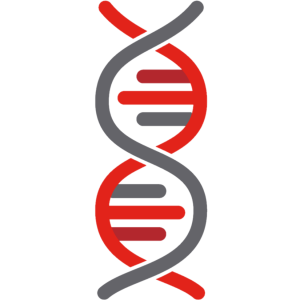15.6 Knowledge Check
Summary
Through this chapter you:
- Identified different types of thinking: analytical, critical and creative.
- Identified how these three thinking styles are used in a step by step problem solving model that you can apply to any situation.
- Identified the difference between contingency planning and crisis management.
- Recognized how to take an active role in the problem solving process, its importance in the workplace and identified sources of support at Fanshawe.
Video: How to Deal with Difficult Group Members
Watch this video below created by Simon Fraser University and answer the following questions. Including ideas from the video will mean adding in-text citations and references for a YouTube video to your writing. You can look up how to do that on the APA website or the Fanshawe Library website.
Video: “How to Deal With Difficult Group Project Members” by SFU Beedie School of Business [3:35] Transcript Available.
Reflective Practice
Many students dread group work as working with others naturally creates conflict. Challenges can arise around time management (you like to start early, your group likes to work last minute), schedules not aligning, poor communication skills, personality conflicts, lack of interest or motivation or having different goals for the project.
Answer the reflection questions below in full sentences.
 Applying Your Knowledge
Applying Your Knowledge
Glossary
“8.5 Reflection” and “8.8 Key Takeaways” from Fanshawe SOAR by Kristen Cavanagh is licensed under a Creative Commons Attribution-NonCommercial-ShareAlike 4.0 International License, except where otherwise noted.
Working through a problem by breaking it down into its component parts for separate analysis.
Identifying potential problems and creating a back up.
Seeking out new ways to solve problems or identify a need.
Management technique in which the immediate problem is given top priority and, after resolving the immediate problem, reflecting on what happened to develop a strategy that will help avoid the same problem in the future.
Includes some form of judgment that thinkers generate after carefully analyzing the perspectives, opinions, or experimental results present for a particular problem or situation.
Thinking about thinking.
The act of solving a problem which includes identifying the issues, strategizing,and selecting and implementing a solution.

